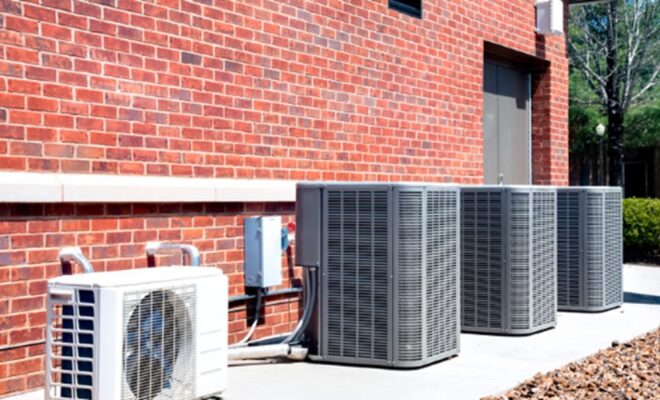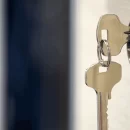Heating and Air Repair vs. Replacement: When Is It Time to Upgrade?

Deciding between heating and air repair or replacing your system can be a difficult choice for homeowners. Both options come with advantages and challenges, so it’s important to evaluate factors such as cost, efficiency, and long-term needs before making a decision. If you’re considering heating and air repair in Atlanta for your system, you might wonder whether it’s the right time to upgrade instead. Here’s what you should know to make an informed decision.
Assessing the Age of Your System
One of the first indicators that can help you decide between repair and replacement is the age of your heating and air conditioning system. Most HVAC systems have a lifespan of 10 to 15 years. If your system is approaching or surpassing this age range, it might be more cost-effective to replace it. Older units tend to break down more frequently, resulting in frequent repairs that can quickly add up.
Additionally, newer HVAC systems are much more energy-efficient. Upgrading to a modern unit can result in significant savings on energy bills, which may offset the initial cost of installation. Regular maintenance and timely repairs can extend the life of your system, but if repairs are becoming too frequent or expensive, it may be time for an upgrade.
Also Read: Guide to HVAC Warranties and Repairs
Frequency and Cost of Repairs
Frequent repairs are another strong indicator that replacement may be the better option. If you find yourself constantly scheduling repairs, it might be more cost-effective to invest in a new system.
However, if the repairs are minor or infrequent, continuing with maintenance and repair may be sufficient for now. For many homeowners, a simple fix might resolve issues like inconsistent heating or cooling. However, if larger components such as the compressor or heat exchanger need replacement, it could signal that the system is nearing the end of its useful life.
Energy Efficiency Considerations
Energy efficiency is another critical factor in deciding between repair and replacement. Older systems typically operate with lower efficiency, leading to higher energy bills. Modern HVAC systems come with improved efficiency ratings, often certified by the ENERGY STAR label. Upgrading to a more efficient system can lead to significant energy savings over time.
Moreover, new systems can offer better indoor air quality and more advanced features like programmable thermostats, which can further enhance comfort and savings. While repairs might temporarily fix efficiency issues, they won’t bring an old system up to the performance standards of a new model.
Environmental Impact
When considering repair or replacement, the environmental impact is also an important factor. Older systems often use outdated refrigerants, such as R-22, which have been phased out due to their harmful effects on the environment. Newer systems use eco-friendly refrigerants, making them a more sustainable option in the long run. If your current system still uses an outdated refrigerant, upgrading to a modern system can reduce your carbon footprint while also increasing energy savings.
Conclusion
Deciding whether to repair or replace your heating and air system ultimately depends on the age, efficiency, and condition of your current unit. If your system is older, requires frequent repairs, or is no longer energy-efficient, replacing it may be the smarter investment. On the other hand, if your system is relatively new and repair costs are manageable, opting for repair could extend its lifespan and save you money in the short term.


